If you are following a special diet to lose weight, it’s important to consider the impact these diets have on your overall health, not just the weight loss aspect. For example, very few people think about how these diets might affect their oral health. Do you believe eating healthy has any effect on your oral health? To help keep your weight in check AND maintain good oral health, here we explain about nutrition and oral health, specifically how different fad diets affect oral health, along with tips to avoid common issues.
Oral Health On A Keto Diet
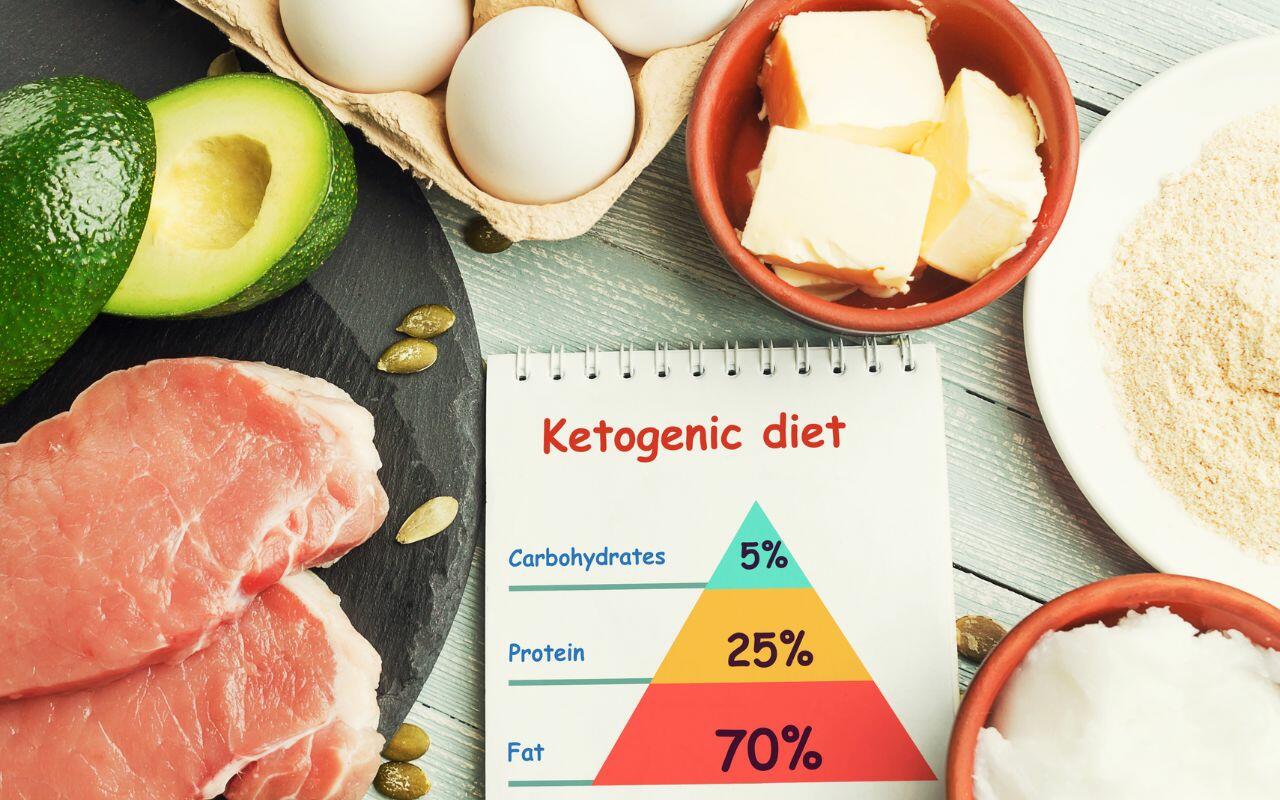
The ketogenic or “keto” diet focuses on eating proteins and fats, including butter, meat, eggs and fish, with very few carbs. It is effective for weight loss as it provides the fuel used for energy, keeping you in a constant state of “ketosis.” You lose weight because your body burns stored fat to get energy from ketones.
The good news is that high-fat and dairy help support oral health. The bad news is that overloading a diet with protein and unhealthy fats from processed foods can increase the risk of bacteria in the mouth. You can also experience “keto breath,” which is a sweet smell created when acetone is released from the lungs, an interesting side effect of ketosis. However, if you focus on eating a lot of vegetables instead of foods processed with poor-quality fats, you and your mouth can do well on the keto diet.
Oral Health On A Paleo Diet
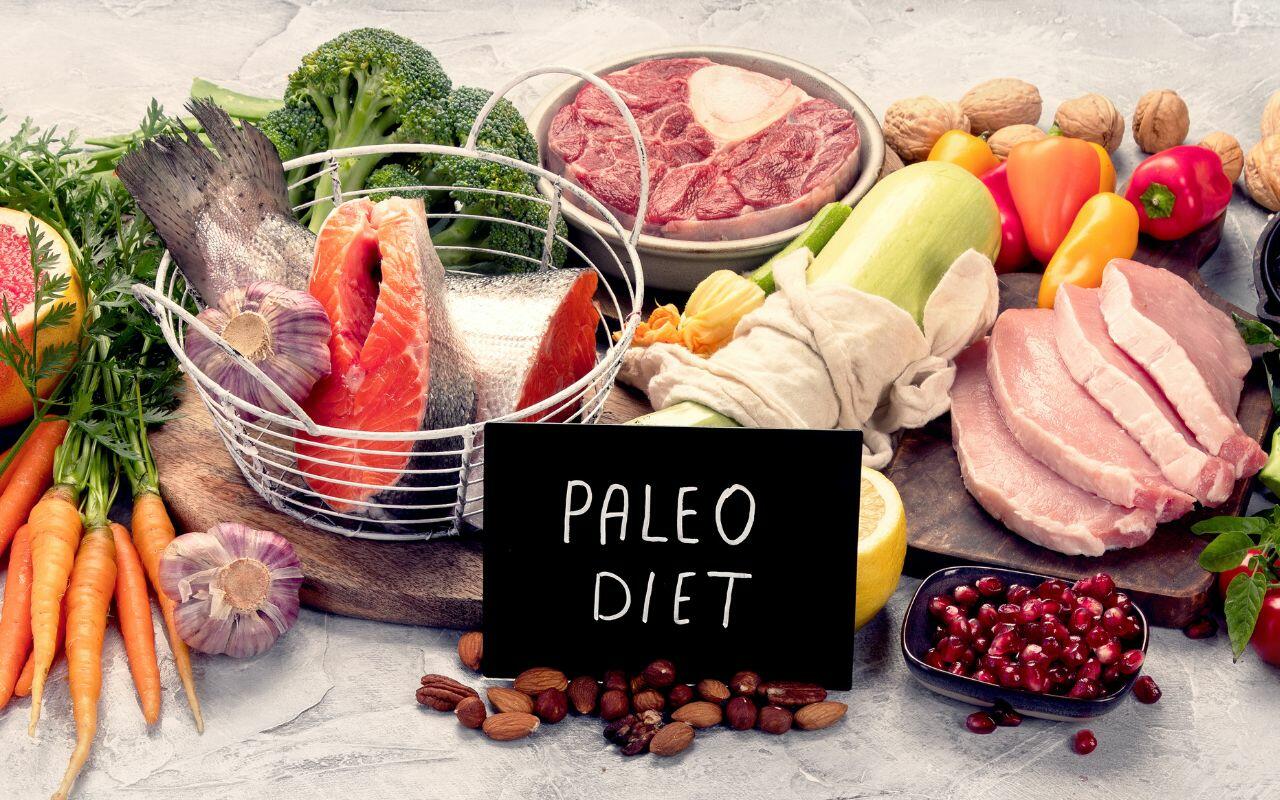
Also known as the “Caveman” diet, the paleo diet is based on eating the same foods as our hunter-gatherer ancestors. This diet avoids the foods we’ve come to depend on now, thanks to the introduction of agriculture. Again, the basic foods enjoyed on this diet are quite healthy, but where it misses the mark is omitting dairy. Dairy is an excellent source of calcium, which is required for healthy teeth and gums. So, when on the paleo diet, be sure you are getting enough calcium from other sources.
Oral Health On A Mediterranean Diet
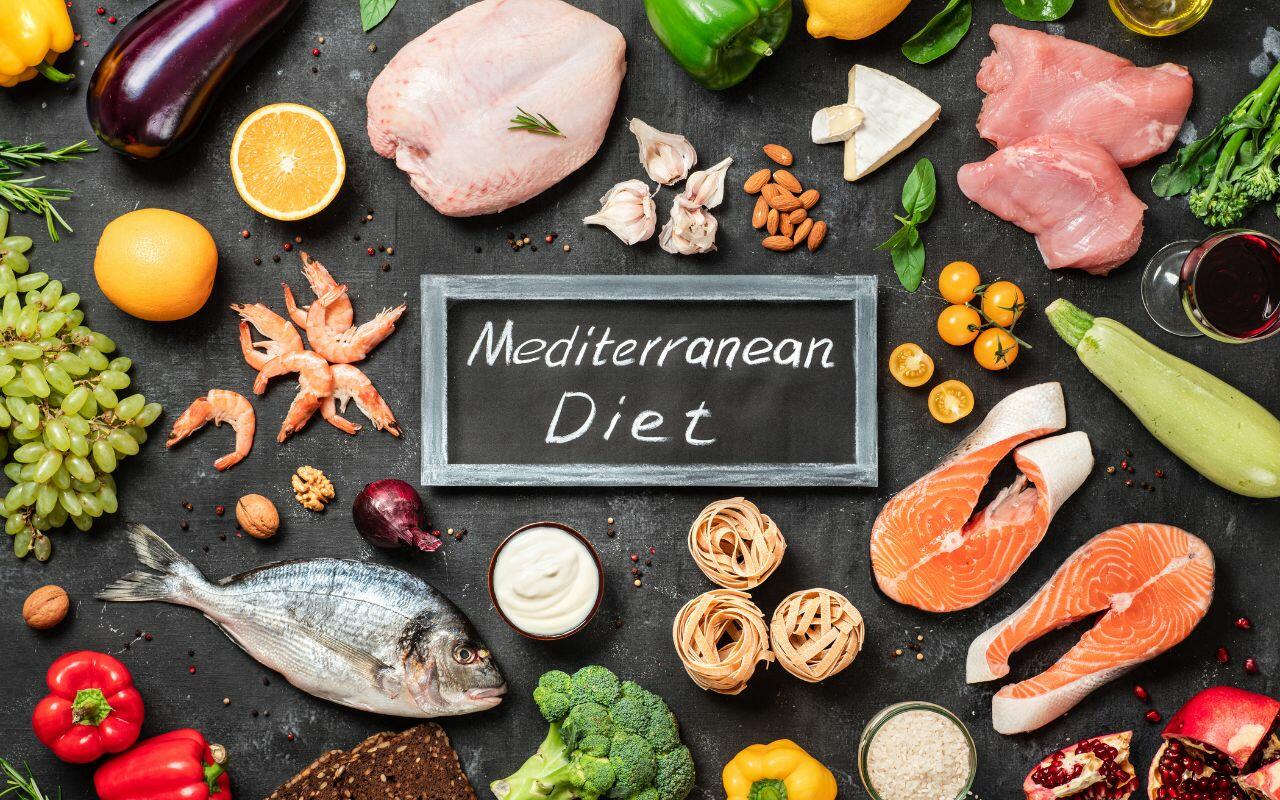
Along with being effective for weight loss, the Mediterranean diet is also good for the heart. It includes foods common in southern Italy and Greece, reducing “bad cholesterol” which in turn reduces the risk of stroke and heart attack. So, this is a good diet for your overall health. It is also packed with yummy food choices, including dairy, which we love, and white meat, fish, and olive oil.
Where it does present potential issues for oral health is the inclusion of desserts and wine. In fact, the true Mediterranean diet recommends 4 to 6 ounces of red wine per day, and one 3-ounce dessert per week. If you include that daily glass of red wine, you can stain your teeth. Sipping wine with a straw will help protect your teeth against stains. Also, from an overall health point of view, keep in mind the latest recommendations regarding alcohol intake suggest limiting alcohol to just two drinks per week.
Potential Oral Health Dangers Of Juicing
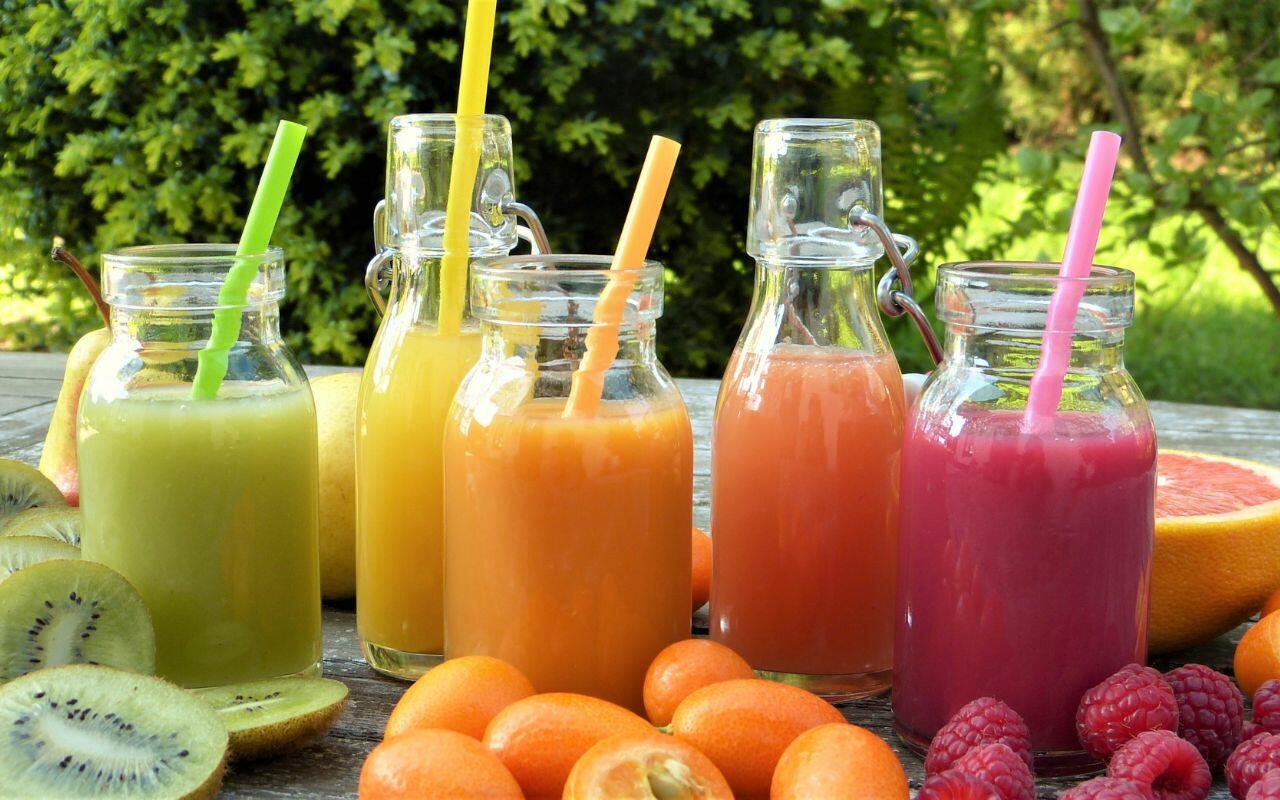
The three- to seven-day juice cleanse consisting strictly of fruit and vegetable juices eliminates all solid foods from your diet. This diet presents a few oral health issues:
- No chewing: Without solids, you aren’t chewing, which is needed for saliva production and to stimulate your tooth roots. Saliva counteracts bad bacteria that causes cavities and gum disease.
- Acid: Juices are acidic and can break down your tooth enamel. In fact, studies have shown that orange and apple juice are almost three times more erosive than colas.
- Sugar: Many studies find that fruit juices contain as much sugar or more than those sugary drinks you should avoid. The sugar also eats away at tooth enamel while producing more bacteria.
Instead of juicing, enjoy whole pieces of fruit and vegetables to provide the chewing action you need. Raw fruit and veggies also help cleanse your teeth. If you must juice, use a straw and rinse your mouth out with water once you finish your “meal.”
Low-Carb Diet
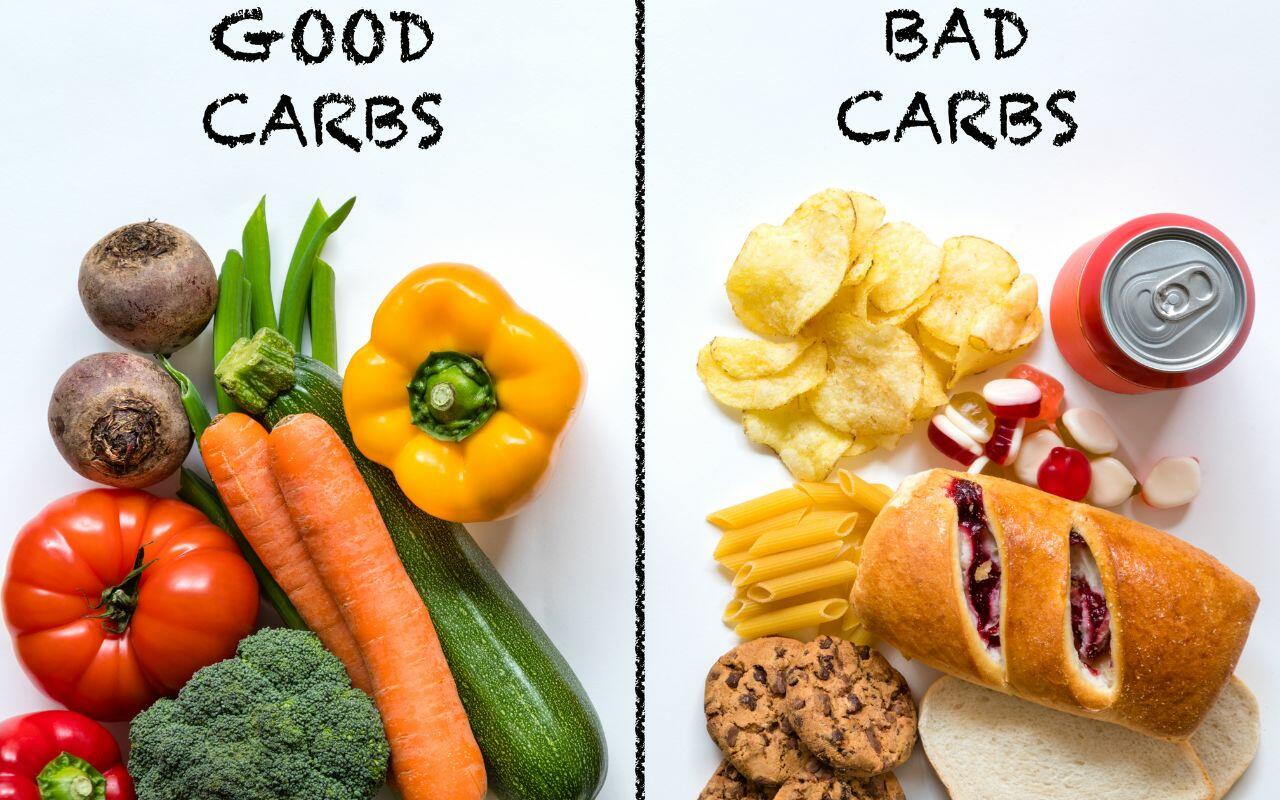
Restricting carbohydrates is a common theme in diets such as keto and Atkins. However, the elimination of an entire food group is never recommended. Again, the foods you enjoy on a low-carb diet tend to be healthy, but the low-carb diet is prone to causing dry mouth and bad breath. While bad breath is mainly a social issue, dry mouth is actually very damaging to your oral health.
It increases bacteria and the risk of tooth decay and gum disease. If you are on a low-carb diet, you can overcome the negative effects by enjoying fresh crunchy fruits and veggies. Drink plenty of water to keep your mouth moist. Also, chew gum containing xylitol and use a good alcohol-free mouthwash to help produce saliva and overcome bad breath.
How Does A Vegan Diet Affect Oral Health?
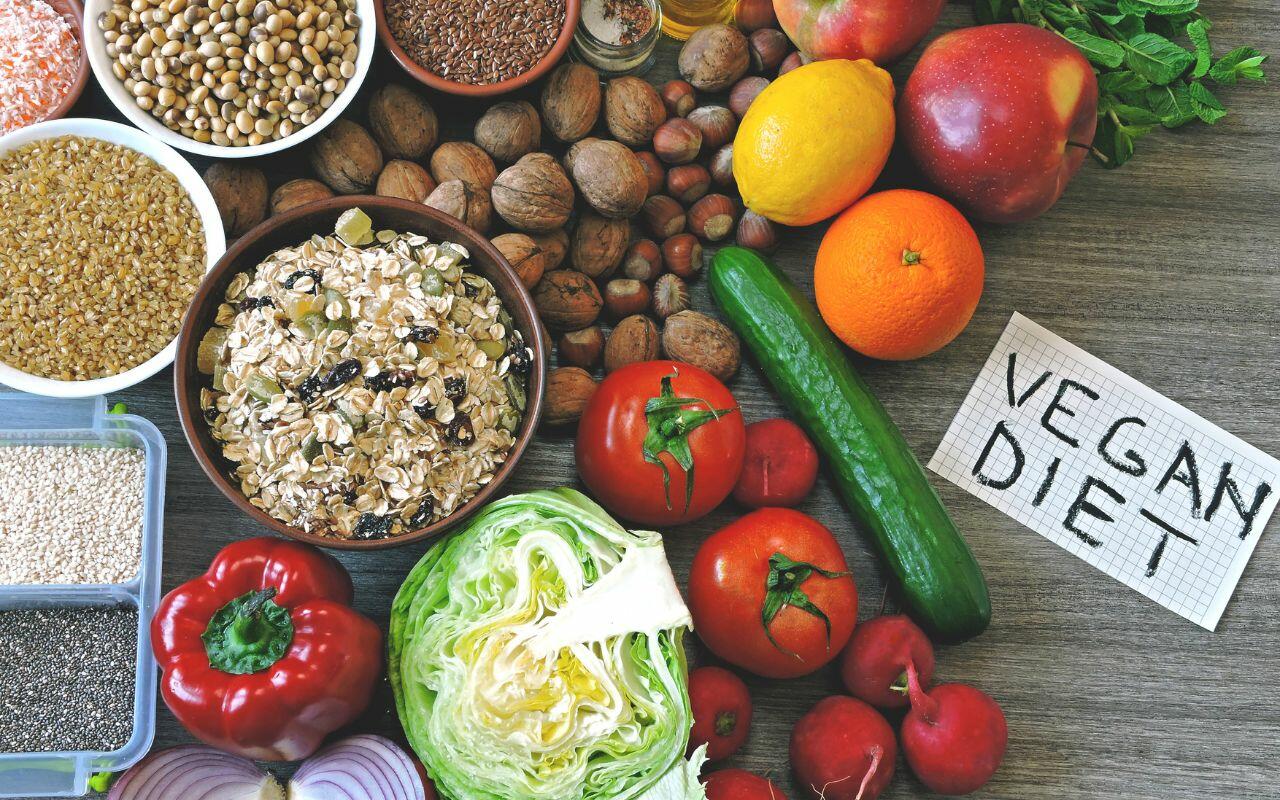
Vegan diets eliminate meat, fish, cheese, milk, eggs, or anything produced by animals. This can reduce the amount of vitamin B-12, vitamin D, calcium, and zinc you are getting. These are important nutrients required for healthy teeth and gums. With so many limitations, you can suffer from nutritional deficiency, leading to oral issues, including cracked lips, mouth sores, and a burning tongue.
Some doctors recommend vegans consider taking supplements or food items such as fortified soy milk as a source to replace missing nutrients. Another option is to enjoy a vegetarian diet that is still high in vegetables and plant-based proteins but that also allows you to include dairy products and eggs. These little additions can help you maintain healthier gums. Supplements should include vitamin B-12, calcium, and zinc. You can also sit in the sun to increase vitamin D intake.
Is A Raw Food Diet Good For Oral Health?
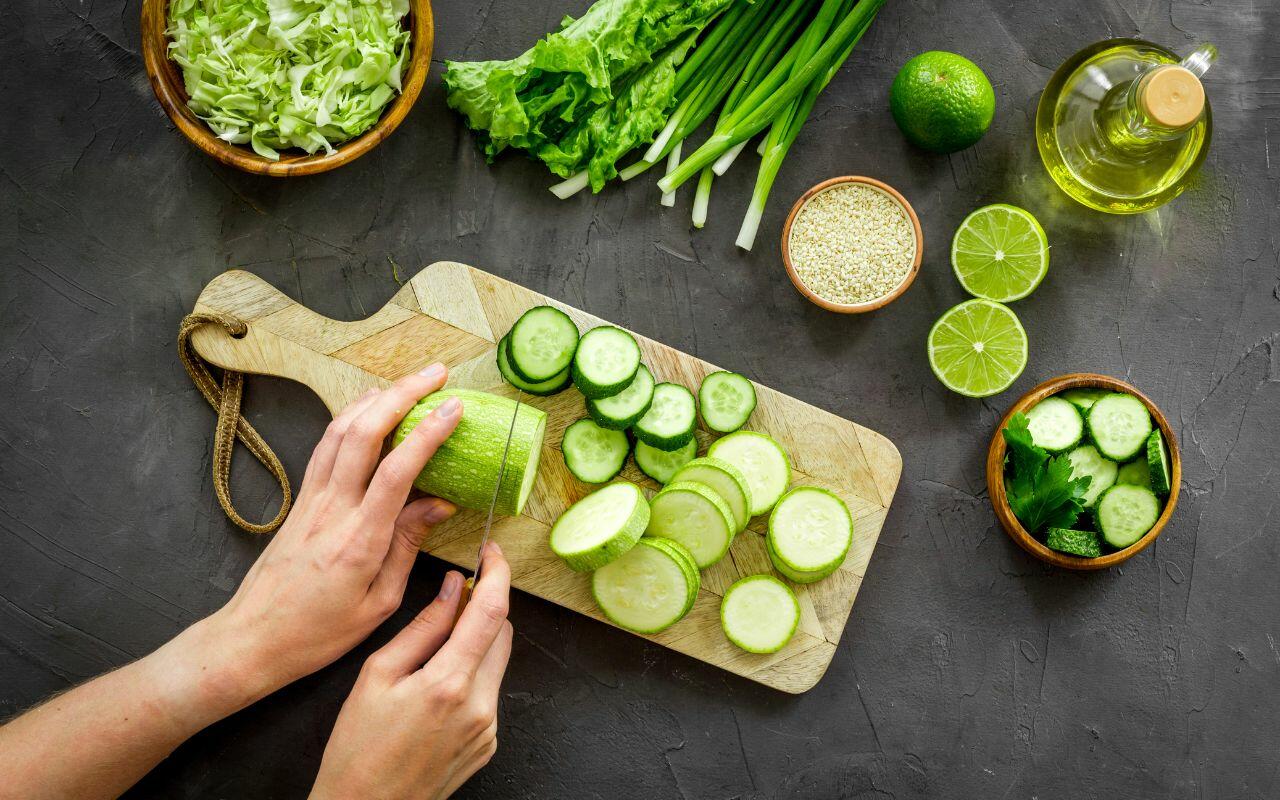
Raw food diets can interfere with nutrient absorption and wear down tooth enamel. However, one study found that vegans who focus on raw foods can often have better oral health. The most likely reason for this is that raw food lifestyles tend to be part of an overall healthier lifestyle that contributes to good oral health. You need a nutrient-dense diet to maintain a healthy oral microbiome for tooth, gum and overall health.
How Do Different Popular Diets Affect Oral Health — The Bottom Line
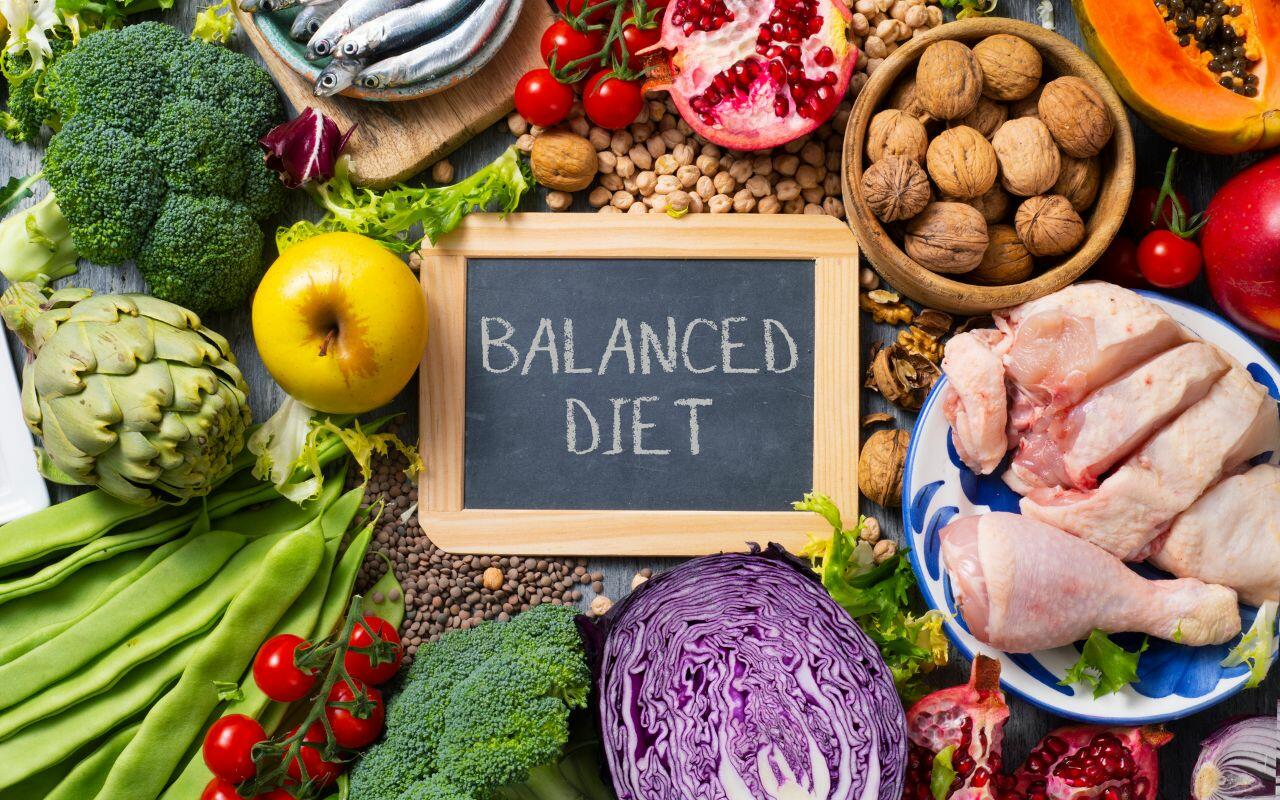
Weight loss is always good for your health (as long as you truly are overweight, that is). If your lifestyle does include one of the popular diets listed above, try to ensure you still enjoy the following foods to maintain healthy teeth and gums:
- Choose foods rich in calcium and vitamin D, such as milk and other dairy products to promote teeth and bone health
- Enjoy cheese to provide calcium that sticks to the teeth to protect against decay-causing acid and help rebuild enamel
- Eat more crunchy raw fruits and vegetables like celery, carrots and apples to provide more chewing action and help cleanse bacteria and plaque away
- Eat more foods high in antioxidant vitamins to protect gums from cell bacteria and prevent oral infections
So, bottom line: how does nutrition affect oral health? Oral health and fad diets generally don’t mix when the diet focuses on eliminating dairy and doesn’t allow for adequate amounts of fresh crunchy fruits and vegetables. An overall balanced diet with reduced sugar intake can help you maintain both a healthy weight and excellent oral health.
If you are worried or concerned about the affects of your diet and lifestyle on your oral health, call us today at 905-775-5307 or click here to request an appointment.
